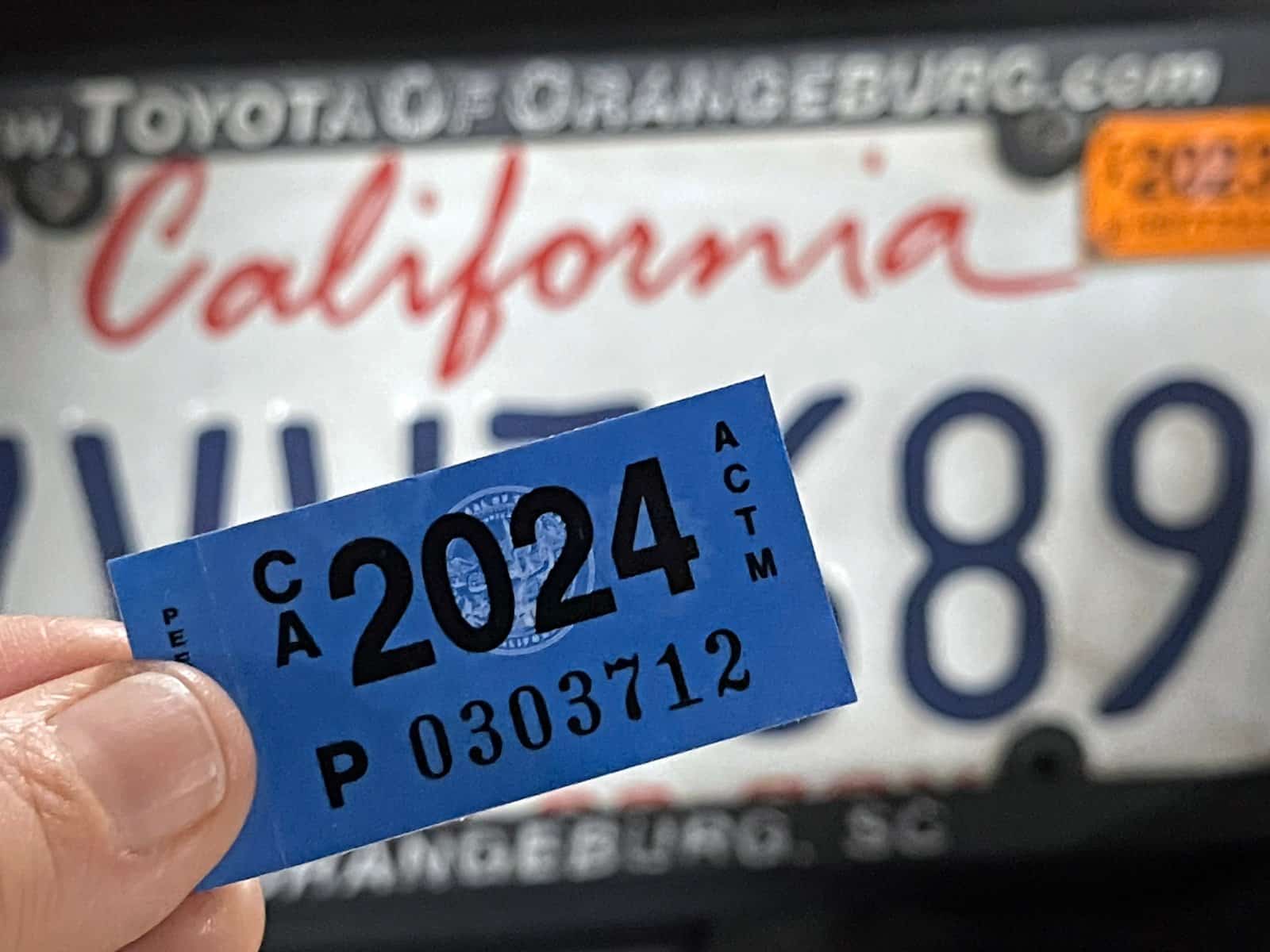Investing can be tricky, and not every opportunity is a good one. Here are 20 toxic investments that you should avoid to protect your hard-earned money.
#1. Penny Stocks

These low-priced stocks often promise high returns, but they’re extremely volatile and risky. Many are tied to fraudulent schemes that can wipe out your investment.
#2. High-Fee Mutual Funds

High fees can eat into your returns significantly over time. Look for low-cost index funds instead to keep more of your money working for you.
#3. Timeshares

Timeshares are notoriously difficult to sell and come with ongoing maintenance fees. They rarely appreciate in value, making them a poor investment choice.
#4. Cryptocurrency Scams

Cryptocurrencies can be highly speculative, and the market is rife with scams. Invest only what you can afford to lose and do thorough research before diving in.
#5. Collectibles

While some collectibles can appreciate, many do not. Investing in things like Beanie Babies or limited-edition items is risky and often based on hype rather than actual value.
#6. Non-Traded REITs

Non-traded Real Estate Investment Trusts (REITs) lack liquidity and transparency. They can tie up your money and charge high fees, making them a dangerous choice.
#7. Over-Hyped Tech IPOs

Initial Public Offerings (IPOs) in the tech sector can be exciting but often are overvalued. Many see their prices plummet after the initial hype fades.
#8. Leveraged ETFs

These exchange-traded funds use debt to amplify returns, but they can also amplify losses. They’re complex and better suited for short-term trading rather than long-term investing.
#9. Inverse ETFs

Inverse ETFs are designed to profit from a decline in the market, but they can be very risky. Their performance can be unpredictable and they’re not ideal for long-term investments.
#10. High-Yield Bonds

Also known as junk bonds, these offer higher returns but come with higher risk of default. If the issuing company fails, you could lose your investment.
#11. Gold Mining Stocks

Investing in gold mining companies can be highly speculative. The industry is subject to fluctuating gold prices and operational risks, which can lead to significant losses.
#12. Forex Trading

Foreign exchange (forex) trading can be highly volatile and complex. Many retail investors lose money due to the high risks involved.
#13. Variable Annuities

These insurance products can be complicated and come with high fees and surrender charges. They often offer lower returns compared to other investment options.
#14. P2P Lending

Peer-to-peer lending platforms can offer high returns but come with high default risk. If borrowers don’t repay their loans, you could lose your investment.
#15. Start-Up Investments

Investing in start-ups can seem appealing, but most fail. Unless you have a deep understanding of the industry and business, it’s a high-risk bet.
#16. Speculative Real Estate

Investing in real estate based on speculation rather than solid market research can lead to financial disaster. Always base your decisions on data and trends, not hype.
#17. Small-Cap Stocks

Small-cap stocks can be volatile and less liquid than larger companies. They often lack the stability and predictability of larger, more established firms.
#18. Margin Trading

Borrowing money to trade stocks (margin trading) can magnify your losses. If the market moves against you, you could owe more than your initial investment.
#19. Complex Derivatives

Derivatives like options and futures can be highly speculative and complex. They’re not suitable for most individual investors and can lead to substantial losses.
#20. Unregulated Investments

Investing in unregulated markets or products can expose you to fraud and lack of legal recourse. Always ensure your investments are within regulated frameworks to protect yourself.
Keep Your Portfolio Healthy

Avoiding these toxic investments can help you protect your portfolio from significant losses. Stick to well-researched, stable options to ensure your financial health and peace of mind.
23 Steep Taxes Adding to California Residents’ Burden

California: a place of sunshine, innovation, and, unfortunately, some of the nation’s highest taxes. From LA’s beaches to Silicon Valley’s tech hubs, residents grapple with a maze of state taxes. Here’s a glance at 23 taxes that might surprise both Californians and outsiders. 23 Steep Taxes Adding to California Residents’ Burden
Cash in on Nostalgia: 21 Toys Now Worth a Fortune

Time to dust off the boxes and find that once-cherished toy from your childhood. For collectors and enthusiasts, these items have become valued objects, and they can be worth big bucks – are there any of these in your attic? Cash in on Nostalgia: 21 Toys Now Worth a Fortune
Millennials Don’t Buy These 19 Products Anymore

Millennials are changing consumer habits, quietly replacing once-staple products and traditions. Often criticized for their disruptive preferences, this generation is reshaping the marketplace with digital expertise, ethical buying, and a taste for the unconventional. Millennials Don’t Buy These 19 Products Anymore
Featured Image Credit: Shutterstock / Primakov.
The content of this article is for informational purposes only and does not constitute or replace professional financial advice.
For transparency, this content was partly developed with AI assistance and carefully curated by an experienced editor to be informative and ensure accuracy.
